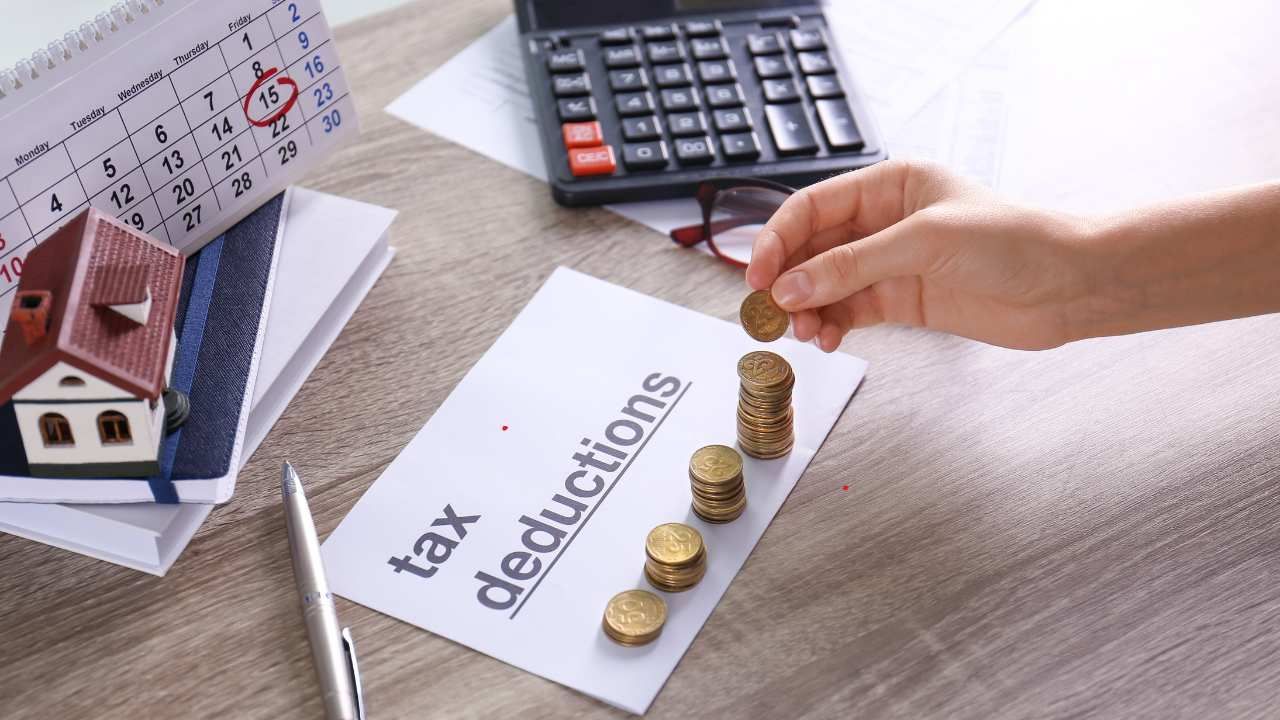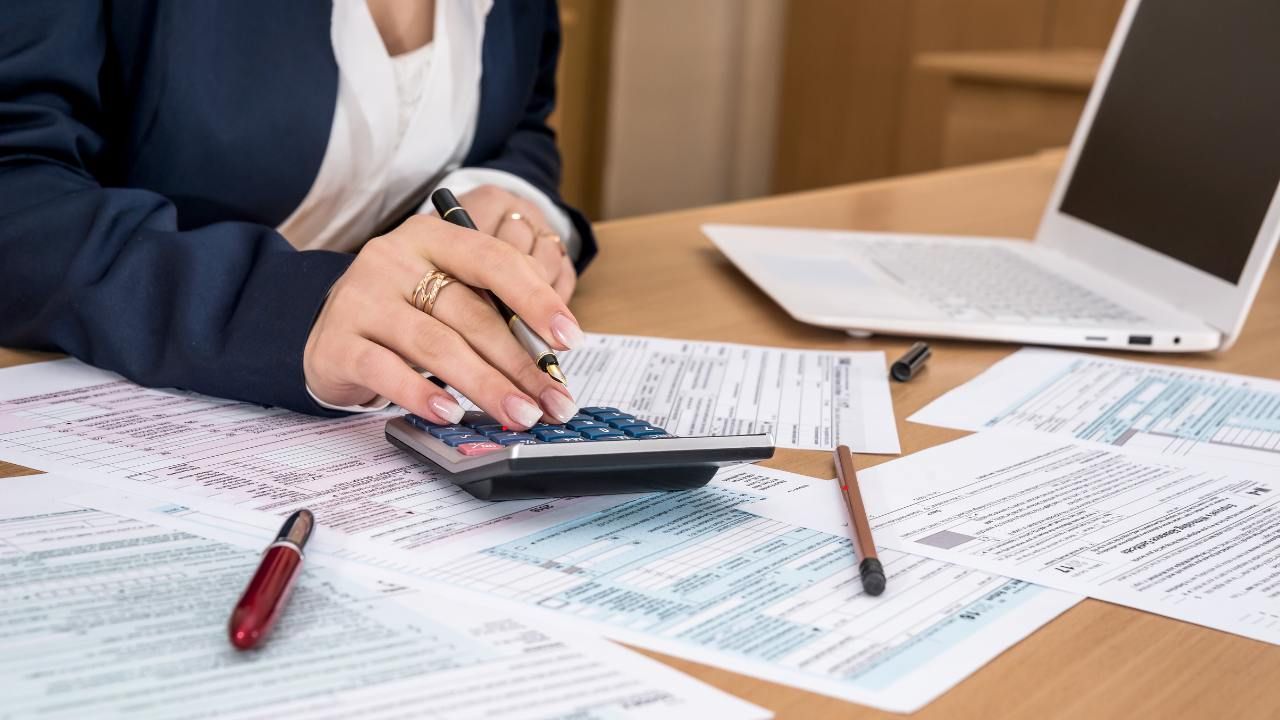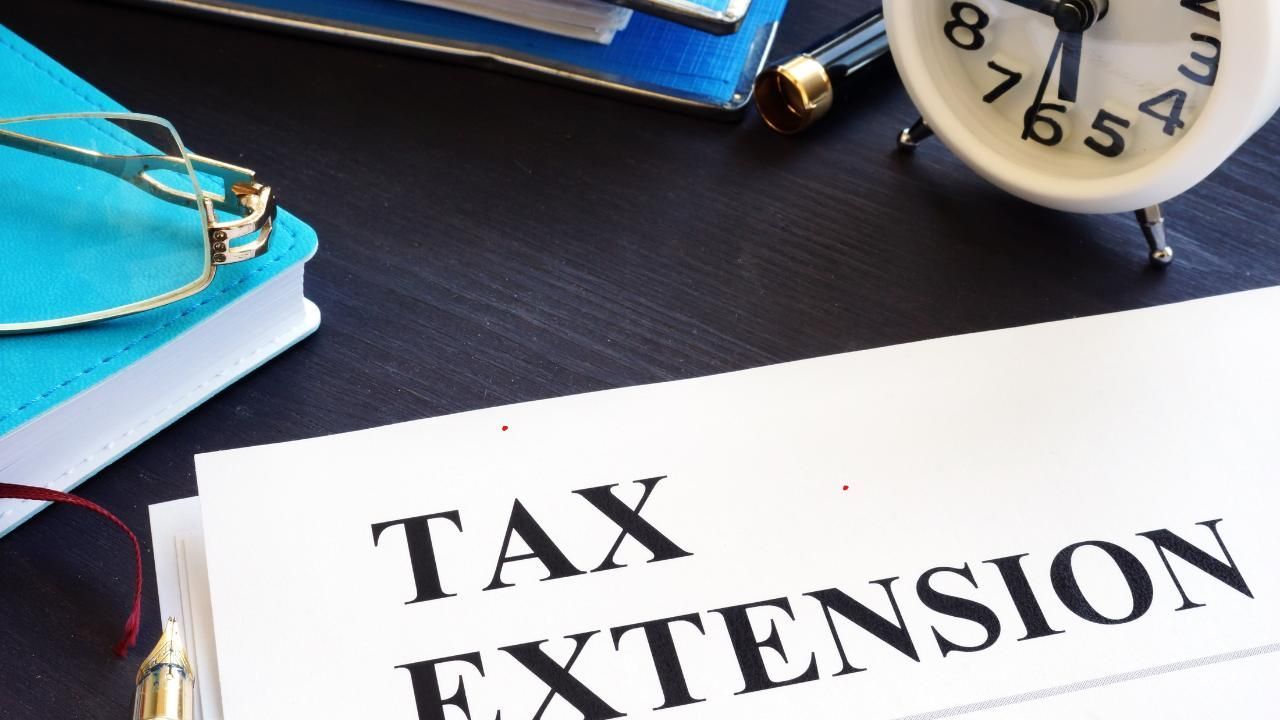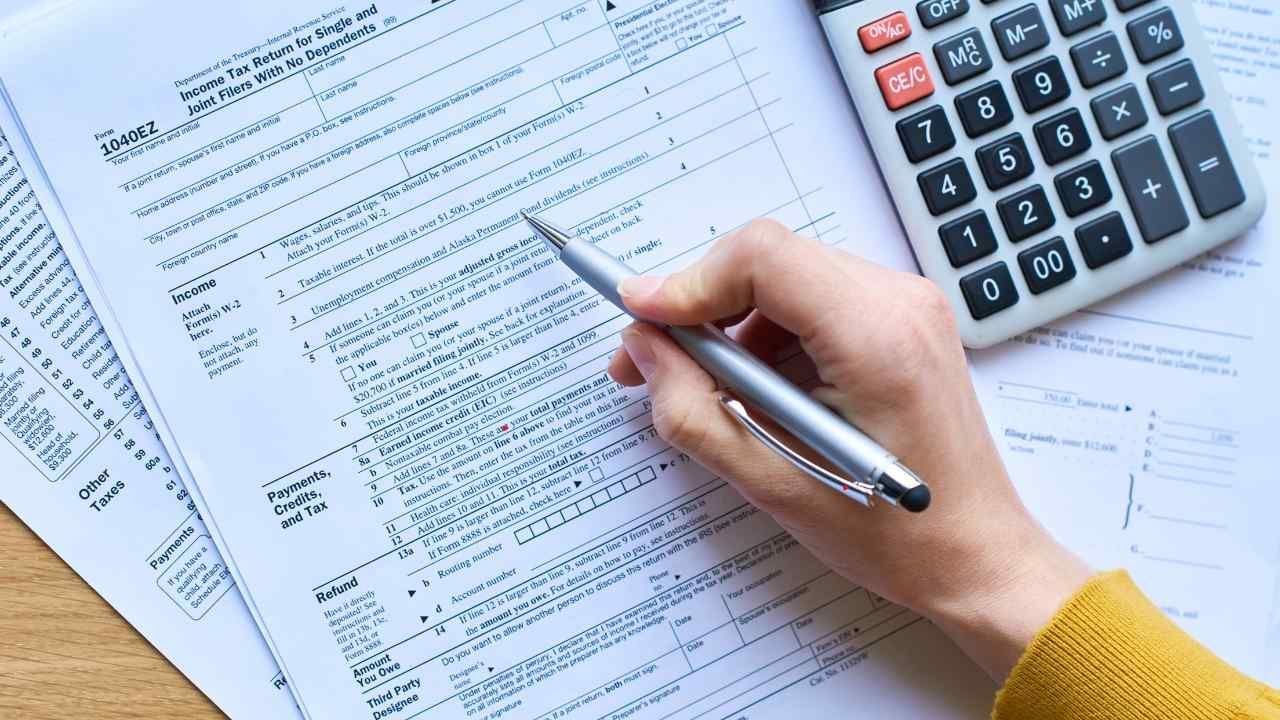The Importance of Keeping Good Tax Records Year-Round
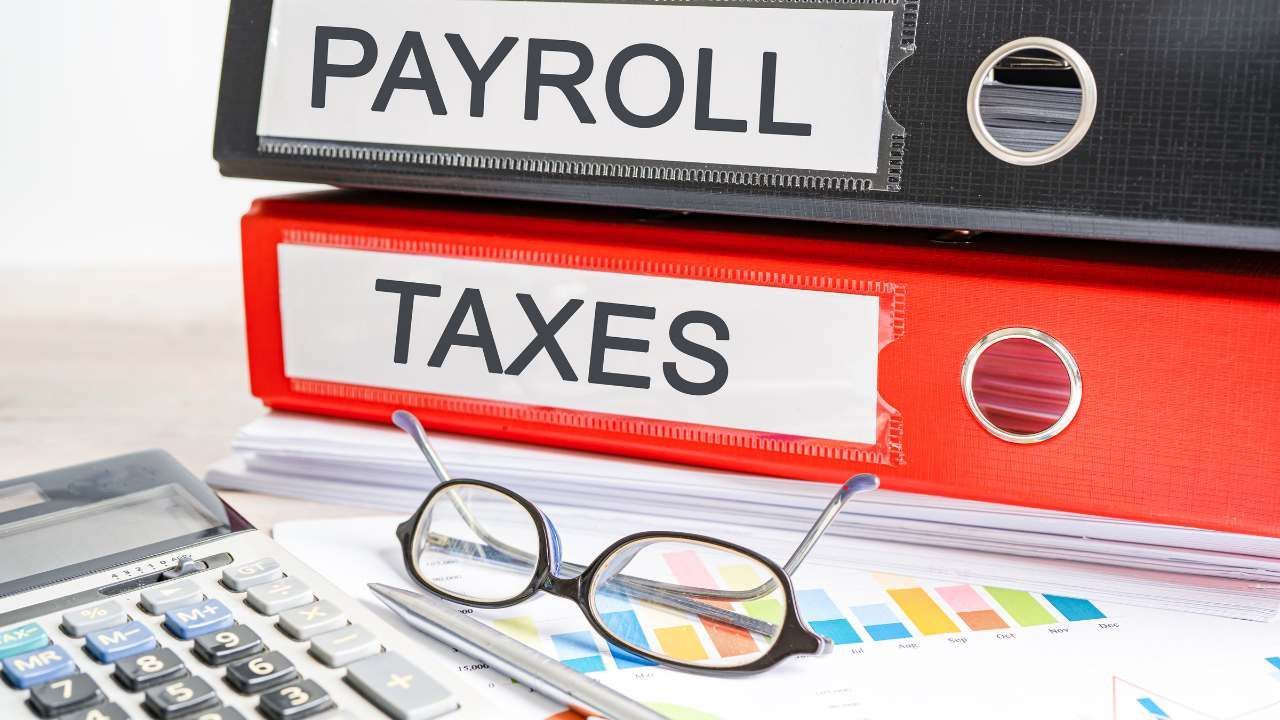
Tax season often brings a sense of urgency and stress, as individuals and businesses scramble to gather their financial documents. However, keeping good tax records year-round can significantly reduce this burden while ensuring accuracy, compliance, and financial security.
Whether you're an individual taxpayer or a business owner, maintaining organized records is essential to avoiding penalties, maximizing deductions, and staying prepared for potential audits. For expert guidance, a tax consultant company can provide invaluable assistance in navigating the complexities of tax compliance and financial planning.
Why Keeping Tax Records is Essential
Many taxpayers overlook the importance of maintaining tax records until they’re needed. However, staying organized year-round offers numerous advantages, including:
- Simplified Tax Filing: When all necessary documents are in order, preparing and filing taxes becomes much easier and less time-consuming.
- Maximized Deductions and Credits: Detailed records help you claim all eligible deductions and credits, reducing your taxable income and overall tax liability.
- Audit Protection: In the event of an IRS audit, having well-organized records ensures that you can verify reported income, deductions, and other tax-related transactions.
- Financial Clarity: Keeping tax records helps individuals and businesses track financial health, identify spending patterns, and plan for future tax obligations.
Case Study: How Year-Round Tax Record-Keeping Saved a Business from an IRS Audit Penalty
In 2023, a small business owner, Mark T., faced an unexpected IRS audit due to discrepancies in reported business expenses. Fortunately, Mark had worked with Carolina Tax Consulting to implement a year-round record-keeping system. Using cloud-based bookkeeping software, he maintained digital copies of receipts, invoices, and bank statements, ensuring that all financial transactions were properly categorized.
When the IRS requested supporting documentation, Mark was able to provide detailed records within hours, proving the legitimacy of his deductions. As a result, he avoided costly penalties and additional tax liabilities—a situation that could have cost him thousands of dollars had he not maintained organized records.
What Tax Records Should You Keep?
To ensure smooth tax preparation and compliance, it's crucial to maintain specific documents throughout the year. Some of the most important tax-related records include:
1. Income Documents
- W-2 forms (for employees)
- 1099 forms (for freelancers, contractors, and investors)
- Bank statements and investment income reports
- Business revenue records for entrepreneurs
2. Expense and Deduction Records
- Receipts for deductible business or personal expenses
- Medical and healthcare expenses
- Charitable donation receipts
- Mortgage interest and property tax statements
3. Tax Forms and Returns
- Copies of previous tax returns (keep for at least three to seven years)
- Correspondence with the IRS or state tax agencies
- Tax payments and refund records
4. Business-Specific Records
- Payroll documents for employees
- Business-related travel expenses
- Office supplies and equipment purchases
- Client invoices and payment records
Best Practices for Maintaining Tax Records
Staying organized with tax documents doesn’t have to be overwhelming. By implementing these best practices, you can make tax season stress-free:
1. Use a Digital Filing System
Going paperless can help prevent lost documents and clutter. Scan and store all tax-related receipts, invoices, and statements in a secure cloud-based storage system. Many tax professionals recommend using bookkeeping software to track expenses automatically.
2. Keep Personal and Business Finances Separate
For entrepreneurs and small business owners, it's critical to have separate bank accounts and credit cards for personal and business transactions. This makes it easier to track expenses and ensures accurate record-keeping.
3. Stay Consistent Throughout the Year
Don’t wait until tax season to organize your records. Dedicate time each month to review and categorize financial documents to avoid last-minute scrambling.
4. Retain Records for the Recommended Timeframe
The IRS recommends keeping most tax-related documents for at least three years. However, in cases of fraud or substantial underreporting, they may audit up to six years back. Businesses with significant asset purchases should retain records indefinitely.
When to Seek Professional Tax Assistance
While maintaining tax records is essential, interpreting complex tax laws and maximizing deductions can be challenging. Consulting with a reputable tax consulting services provider ensures compliance with current regulations while optimizing tax strategies. Professionals, such as those at Carolina Tax Consulting, offer expert insights into tax planning, IRS audits, and financial record-keeping best practices.
Conclusion
Keeping good tax records year-round isn’t just about making tax season easier—it’s about financial responsibility and security. By maintaining organized records, utilizing digital tools, and seeking professional assistance when needed, taxpayers can reduce stress, minimize tax liability, and stay prepared for any financial challenges.
Don’t wait until the last minute—start organizing your tax records today and take control of your financial future. For professional tax preparation services and to learn how we can help you stay organized, contact us today.
Ready to work with Carolina Tax Consulting, LLC?
Let's connect! We’re here to help.
Send us a message and we’ll be in touch.
Or give us a call today at 803-410-5885



